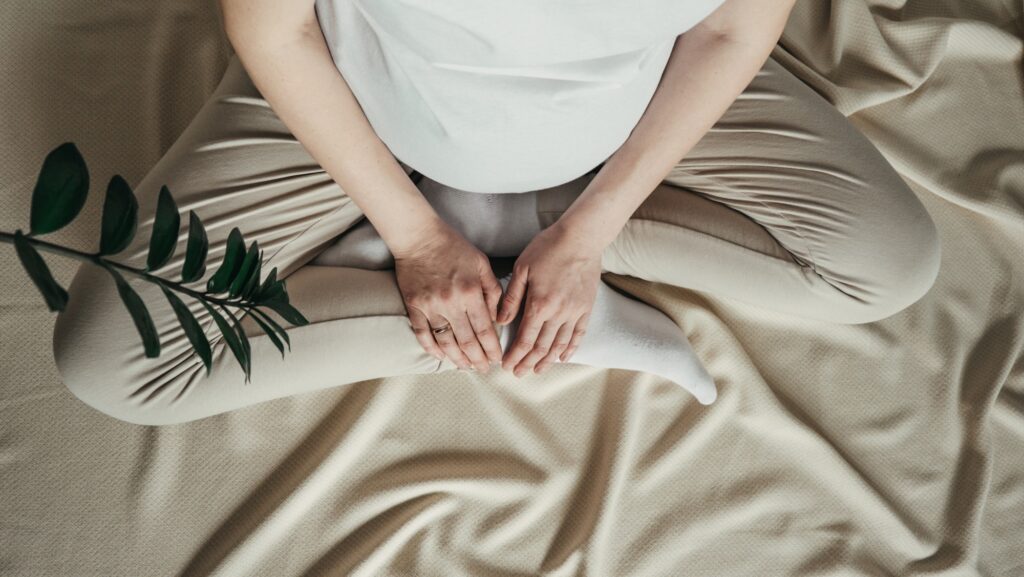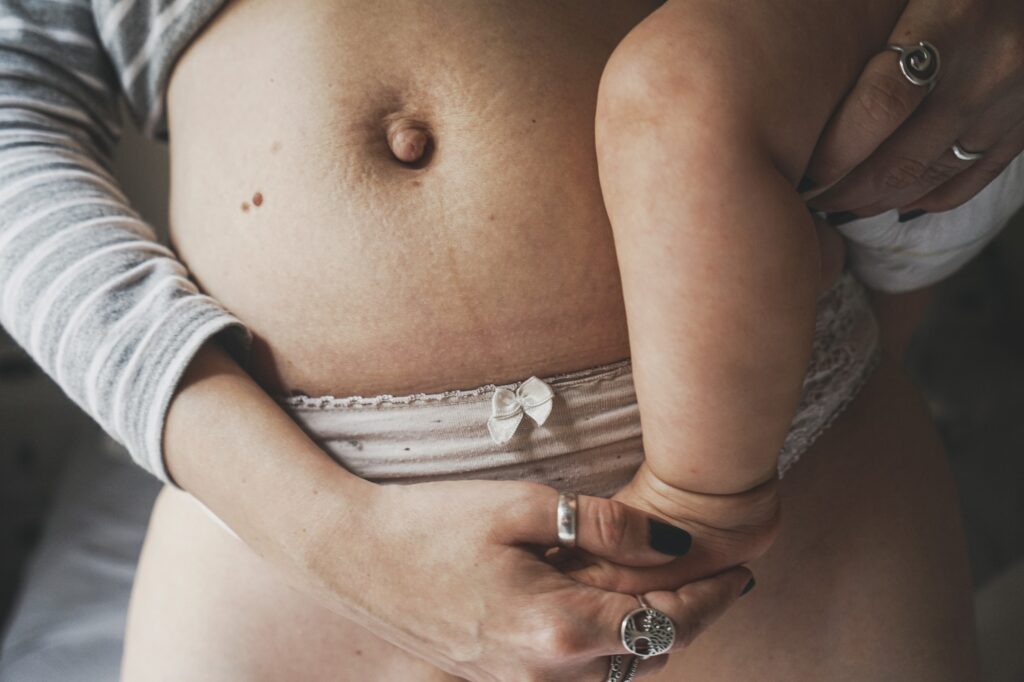September is Painful Bladder Syndrome Awareness Month!
Painful Bladder Syndrome also known as Bladder Pain Syndrome and more formally, Interstitial Cystitis is chronic pelvic pain that encompasses a wide variety of recurring pelvic symptoms that approximately 5 million women in the United States suffer from each year.
Recurring frequently or infrequently, Bladder Pain Syndrome can take many forms among women. For some, it is pain during intercourse such as increased pressure or tenderness around your pelvic region. For others it’s having the strong urgency to urinate, without actually going. In general, PBS is a range of discomfort and pain in your pelvic area and lower abdomen.
What causes PBS?
There are some common and uncommon causes for bladder pain. According to the International Urogynecological Association, people with PBS may have a bladder wall that is inflamed and irritated, a leaky bladder, or pinpoint bleeding at the bladder wall when it is stretched.
Some well known causes for PBS are stress, dehydration, unknown foods that cause inflammation, intercourse, wearing tight and unbreathable pants, your menstrual cycle, alcohol, and certain medicines.
Is Painful Bladder Syndrome treatable?
Absolutely! Most women will go months without symptoms and then experience a flare-up, which is a surge of symptoms. The best treatment for your bladder pain is being aware of the signs, taking a log of how frequent they occur along with noting your daily diet and habits at the time of symptoms. It is best to then schedule an appointment with a Pelvic Health Specialist to properly diagnose and form a treatment plan that is unique to you.
As always we are here to help educate, treat, and work alongside you to live your best days pain free. You deserve to THRIVE!
Common Signs and Symptoms:
- Pain from the urgent need to urinate that can cause a burning sensation;
- Urinating more frequently than the average person such as 20 times a day;
- Strong discomfort during intercourse in the form of pressure and the inability to relax overly tightened pelvic muscles;
- Any abnormal recurring pain in your pelvic area.






